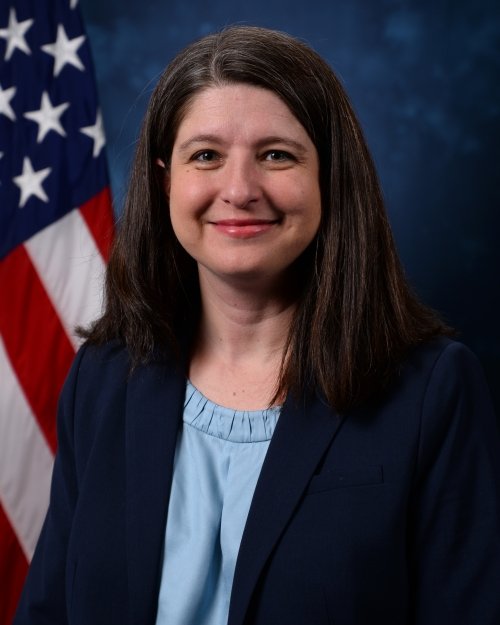Lop Nur and the U.S. Intelligence Gaze: Evaluating the American Intelligence Process During China’s Nuclearization
Lop Nur and the U.S. Intelligence Gaze: Evaluating the American Intelligence Process During China's Nuclearization
One of the first and most significant requirements of the U.S. intelligence organizations established after World War II was to monitor the development of nuclear weapons capability in the People’s Republic of China. U.S. intelligence officers began close scrutiny of the Chinese nuclear program in the 1950s, almost as soon as the agencies that employed them were created. By the time the PRC conducted its first nuclear weapons test at the remote Lop Nur site in 1964, U.S. intelligence officers had been engaged in a fierce competition to predict the test’s timing and results for over a decade. The effort to track China’s nuclearization offers an important example of interagency rivalry that became closely associated with the U.S. intelligence community throughout most of the later 20th Century. This project will analyze from a humanistic perspective how U.S. intelligence officials have addressed China’s nuclearization, with particular focus on the individuals involved in the process, their biases, and their institutional cultures. China’s nuclearization became a significant issue in U.S. national security decisionmaking, as intelligence officers collected, analyzed, and passed the details of the Chinese program to their policymaker audiences. The history of this discourse offers important lessons for today about both U.S.-China relations and potential pitfalls of the intelligence process for counterproliferation. Reflection on the actions, interpretations, and biases of a previous generation of intelligence officers can offer best and worst practices for approaching current threats to global security.

Sara Castro
Sara Bush Castro is an assistant professor of history at the U.S. Air Force Academy in Colorado Springs, CO, where she began teaching global and East Asian History in 2019. From 2016 to 2019, Dr. Castro served as a teaching assistant professor in the Curriculum on Peace, War, and Defense at the University of North Carolina, Chapel Hill specializing in global security and intelligence history. Dr. Castro previously served as an intelligence analyst for the federal government. Dr. Castro earned a doctorate in history from the University of North Carolina, Chapel Hill and a Master’s degree from the Fletcher School of Law and Diplomacy. Dr. Castro’s current research focuses on the history of U.S.-China relations through the lens of intelligence collection and analysis. The manuscript of her forthcoming book focuses on interactions between U.S. intelligence officials and the later top Communist leaders of China during and right after World War II and how these interactions translated into both U.S. policy toward China and norms for intelligence operations.

